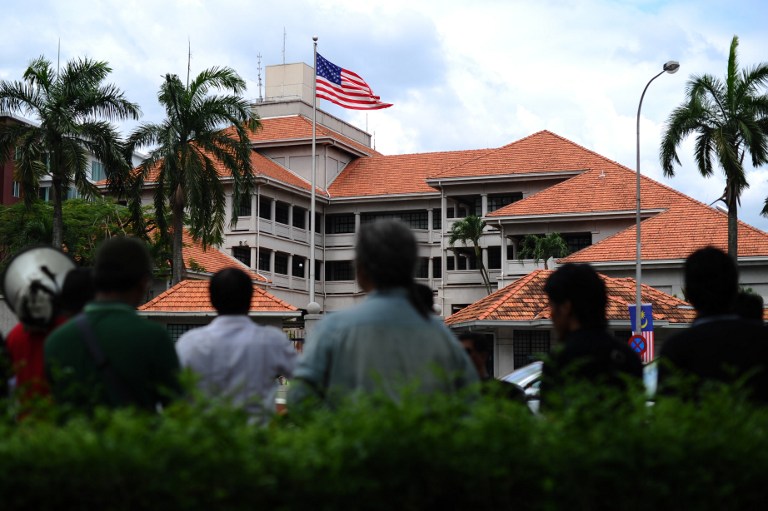KUALA LUMPUR, April 18 ― A Malaysian Muslim had been trapped by the labyrinthian bureaucracy of the US government that kept her on a terrorism watch-list barring her travels to the country, according to a court ruling there.
According to the court decision that was unsealed in full last Wednesday, a day after Dr Rahinah Ibrahim’s name was removed from the watchlist in January 2005, she was given an unusual red boarding pass with “SSSS” (Secondary Security Screening Selection) printed on it, when the then-Stanford University student flew from San Francisco to Hawaii for a conference, and subsequently back to Kuala Lumpur.
Rahinah’s US visa was then “prudentially” revoked less than a month after she was removed from the federal no-fly list and in March 2005, the 48-year-old Malaysian architect was prohibited from flying to the United States and has not been allowed to return to the country since.
According to the facts of the landmark case, the first in the US challenging the government’s “no-fly list”, authorities had sought even during the trial itself exemptions from disclosing the arbitrary reason for Rahinah’s placement, removal, and subsequent return to the lists.
“Given the Kafkaesque on-off-on-list treatment imposed on Dr Ibrahim, the government is further ordered expressly to tell Dr. Ibrahim that she is no longer on the no-fly list and has not been on it since 2005 (always subject, of course, to future developments and evidence that might warrant reinstating her to the list),” the US District Court in the Northern District of California said in its ruling sighted by The Malay Mail Online.
US District Court Judge William Alsup also noted that the US government had placed Rahinah on its Terrorist Screening Database (TSDB) in October 2009 by using a “secret exception” ― which was deemed a state secret - to the reasonable suspicion standard, defined as articulable facts that reasonably warrant the determination that an individual is engaged in terrorism.
The US government database, which was created after the September 11, 2001 terrorist attacks, has effect over several watchlists, including the no-fly list.
The court noted that a Federal Bureau Investigation (FBI) agent, in 2004, had not intended to put Rahinah on the no-fly list, but “checked the wrong boxes” on the nomination form, filling it out in a way “exactly opposite” from the instructions on the form.
“So, the way in which plaintiff got on the no-fly list in the first place was human error by the FBI,” said the court.
“Since her erroneous placement on the no-fly list, plaintiff has endured a litany of troubles in getting back into the United States. Whether true or not, she reasonably suspects that those troubles are traceable to the original wrong that placed her on the no-fly list. Once derogatory information is posted to the TSDB, it can propagate extensively through the government's interlocking complex of databases, like a bad credit report that will never go away,” the ruling added.
The court noted that the US government has conceded that Rahinah did not pose a threat to national security and should never have been placed on the no-fly list.
Rahinah’s lawyer Elizabeth Pipkin, however, criticised the use of the US government’s secret, classified exception in placing both Rahinah and her eldest daughter, Raihan Mustafa Kamal, who is an American citizen, on the Terrorist Screening Database.
“For the Executive Branch to create secret law, not subject to any legislative or judicial review, runs afoul of everything our founders envisioned for this country. Quite simply, secret laws have no place in a democratic society,” Pipkin said in a statement emailed to The Malay Mail Online.
Last January, Rahinah won a legal challenge against the US government to clear her name from the no-fly list, eight years after she filed the suit in 2006.
The court ordered the US government to inform Rahinah, who is currently an architecture professor at Universiti Putra Malaysia, that she is no longer on the no-fly list and has not been on it since 2005.
Reuters reported last month that the US government would not appeal the court ruling.



















